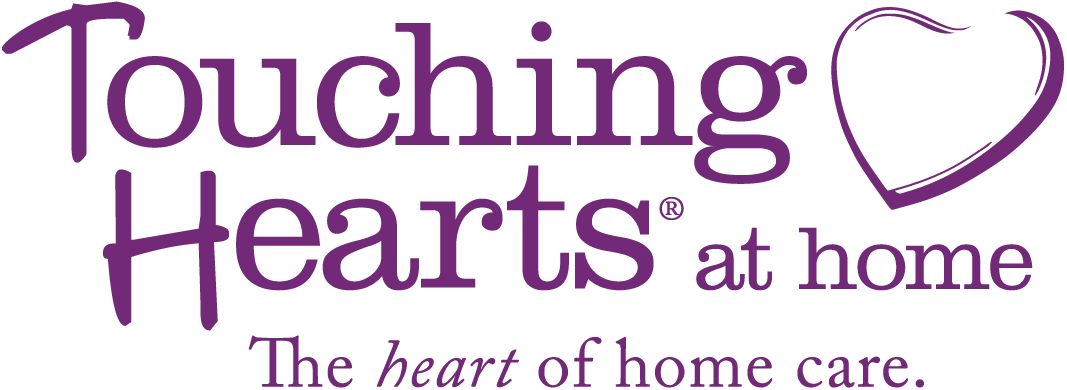As one of the most essential yet strained segments of healthcare, the direct care workforce is not […]
According to PHI, 7.4M new care workers will be required by 2029!
This past year has seen record unemployment. Many Americans are working toward meaningful careers, some of which have been interrupted. For others, a meaningful career is just beginning. Older adults often benefit from additional supports and services to enhance their lives, ensure safety, and optimize the quality of life and longevity. The people who support older adults, or as they are called: caregivers, direct care workers, home care workers, home health aides, personal care aides, to name a few, are in high demand.
Four reasons to become a direct care worker:
- High demand - agencies are struggling to hire direct care workers fast enough to support the growing demand for support services
- Roles for every personality type - with empathy and a good work ethic, any personality type can fit into this role
- Meaningful work - direct care workers help people every day, and they make a difference in people’s lives
- You can work anywhere - this line of work exists everywhere
Professions you can work toward as a direct care worker
Since direct care is a secure market, there is job security, unlike any other profession. People aged 65 and older will nearly double—from 49.2 million in 2015 to 94.7 million. And as noted earlier, 7.9M new care workers are needed by 2029.
Direct care workers have options. The ease of accessing these options will only flourish with time, technology, and market demand, especially in our post-pandemic world. One can move from a role in direct care into:
- Community-based care
- Ancillary healthcare provider
- Nursing and medical
- Ultrasound Technician
- Phlebotomy
- Social Worker
- Recreational Therapist
- Nursing
- Direct Care Worker with Certs
- Medical Coding and Billing
- Respiratory Therapy
- Pharmacy Technician
- Massage Therapist
- Physical Therapist
- Patient Advocacy
And the list goes on. Many individuals have jumped into completely different roles such as sales, entrepreneurship, and policy development simply based on their qualifications, insights, and savviness.
Specialized upskilling paths and certifications
Some direct care workers prefer to remain in a direct support role. For those individuals, there are several specializations where they can accelerate their skills and mentor peers. These specializations can be acquired through upskilling pathways like certifications in:
- Alzheimer’s and dementia care
- Hospice and end of life
- Nutrition and diabetes care
- Heart conditions
- Cancer care
- Respiratory conditions
- Infection control and prevention
Reach out and have your resume ready!
Getting started is simply a matter of searching for local home care agencies and reaching out. Many agencies will provide training to candidates new to the industry, but equipping oneself with introductory knowledge can be helpful so you know what to expect. Having a good resume to bring with you or send out is essential, too. When preparing your resume, you can ask yourself these questions:
- Is it organized and easy to read?
- Is it accurate and up-to-date?
- Does it capture your skills and relevant experience?
- Has it been proofread?
It's often helpful to have a friend or family member look it over and double-check. An extra set of eyes can be immensely useful. Then, review it again.
Finally, be sure to prepare for your interview! Practice and role-play with someone to get accustomed to the format of interviewing. This will help you feel prepared and conquer the jitters. When you’re called in for an interview, try these tips:
- Demonstrate sound judgment
- Highlight all relevant strengths
- Be prepared to speak about a weakness
- Employers will be looking to gauge your interpersonal and communication skills, your attention detail, your ability to stay organized, and most importantly, your passion for the work.
Good luck with your journey into direct care work! It’s a rewarding profession, and is needed now, more than ever!






